So you love foraging, but have you ever wondered if you could turn it into a job? The answer is “yes.” Mushroom foraging jobs involve the identification, collection, and sometimes sale of wild mushrooms.
While there might not be a traditional job market for mushroom hunting, there are opportunities to use your foraging expertise to make some cash. In fact, there are quite a few jobs that require foraging and/or mushroom knowledge as a key skill.
We’ve compiled a list of 10 real-life mushroom-foraging jobs. Read on to find out which one might be for you.
1. Mushroom Harvester
As a mushroom harvester, you could work for a company that provides mushrooms grown in a controlled environment to stores and restaurants. Mushroom harvesters monitor drops and harvest timing, including quantity and quality of mushrooms, along with other duties. The job also includes caring for and tending to the mushrooms until they’re ready for harvest.
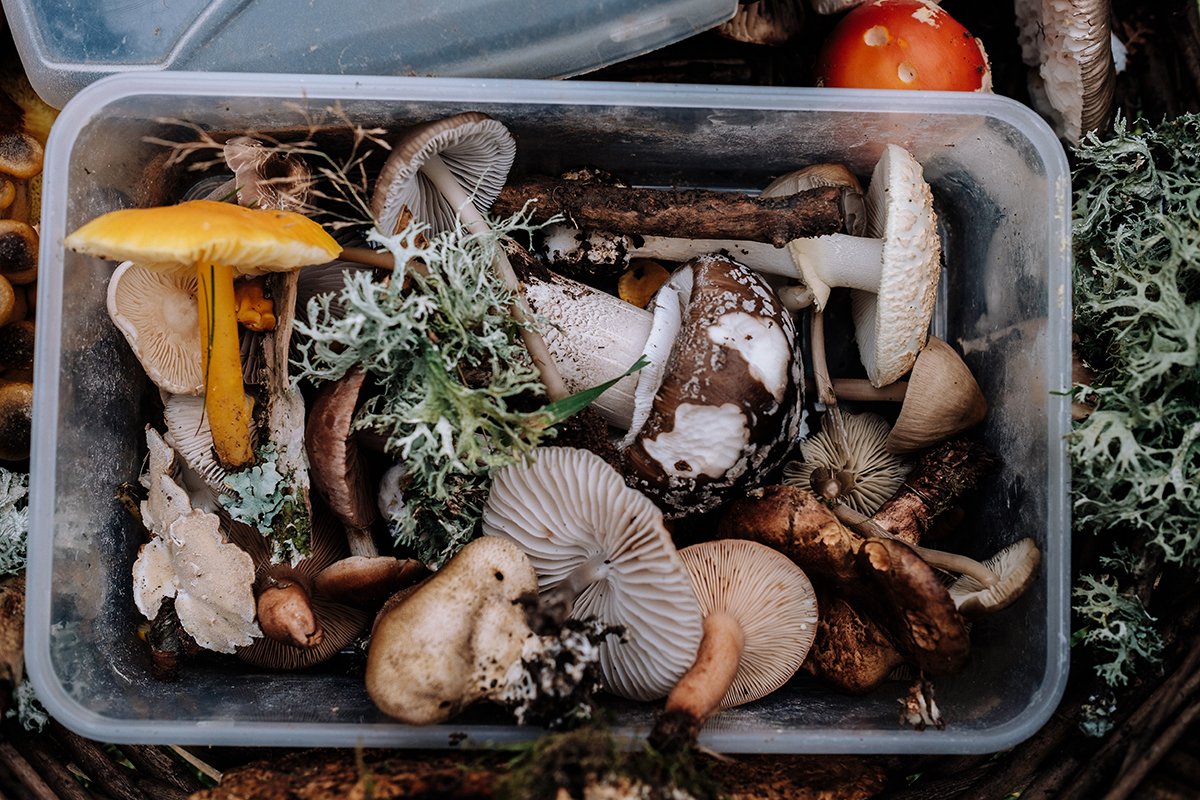
Image by Annie Sprat
2. Mushroom Grower
If you love foraging and you’re skilled at cultivating things that grow, you could grow your own mushrooms and provide the community, including local shops and restaurants, with your harvest. Mushroom growers can also work for larger companies that provide fungi wholesale. Find these types of positions by looking up large mushroom suppliers, like the American Mushroom Institute, as well as local farms, like Monterey Mushrooms.
3. Direct-to-Consumer ‘Shroom Sales
Depending on local regulations, you may be able to sell wild-harvested mushrooms directly to consumers at farmers’ markets, specialty stores, or their own websites. Foragers who know all the best spots around town can establish relationships with chefs or restaurant owners to supply them with fresh, locally foraged mushrooms. People with access to land who can forage large quantities can make quite a living selling wild mushrooms (and foraged plants).
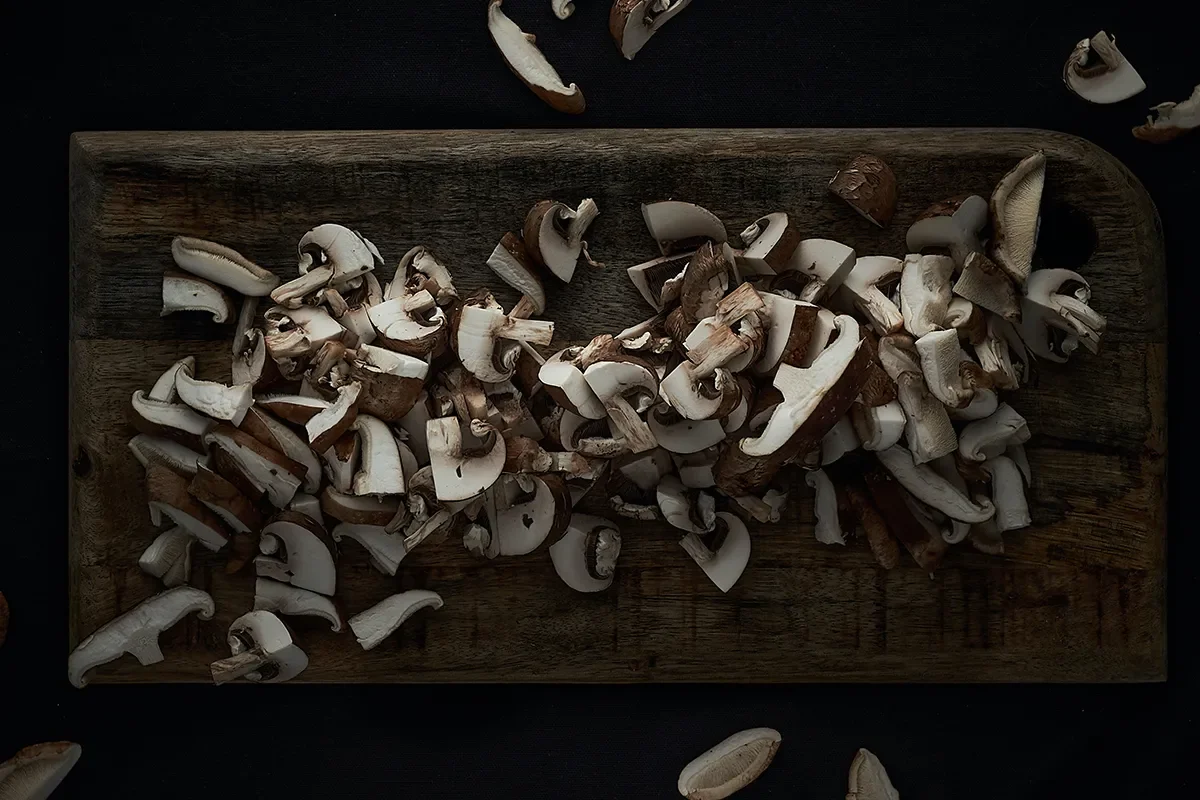
Image by Christina Rumpf
4. Foraging Chef
Some high-end restaurants source unique, wild mushrooms, and chefs may decide to do the foraging themselves. If you’re the kind of forager who is always coming up with new recipes, then maybe this job is for you. Alternatively, you can work with local chefs to provide them with the mushrooms they need for their dishes.
5. Foraging Guide
Many people like the idea of mushroom foraging but don’t know how to get started. You can offer guided foraging tours or workshops to educate people about wild mushrooms. This could include teaching them how to identify edible varieties, showing them where to find edible mushrooms, and demonstrating how to harvest fungi sustainably. Providing guided forays or workshops can be a great source of income for a foraging expert.
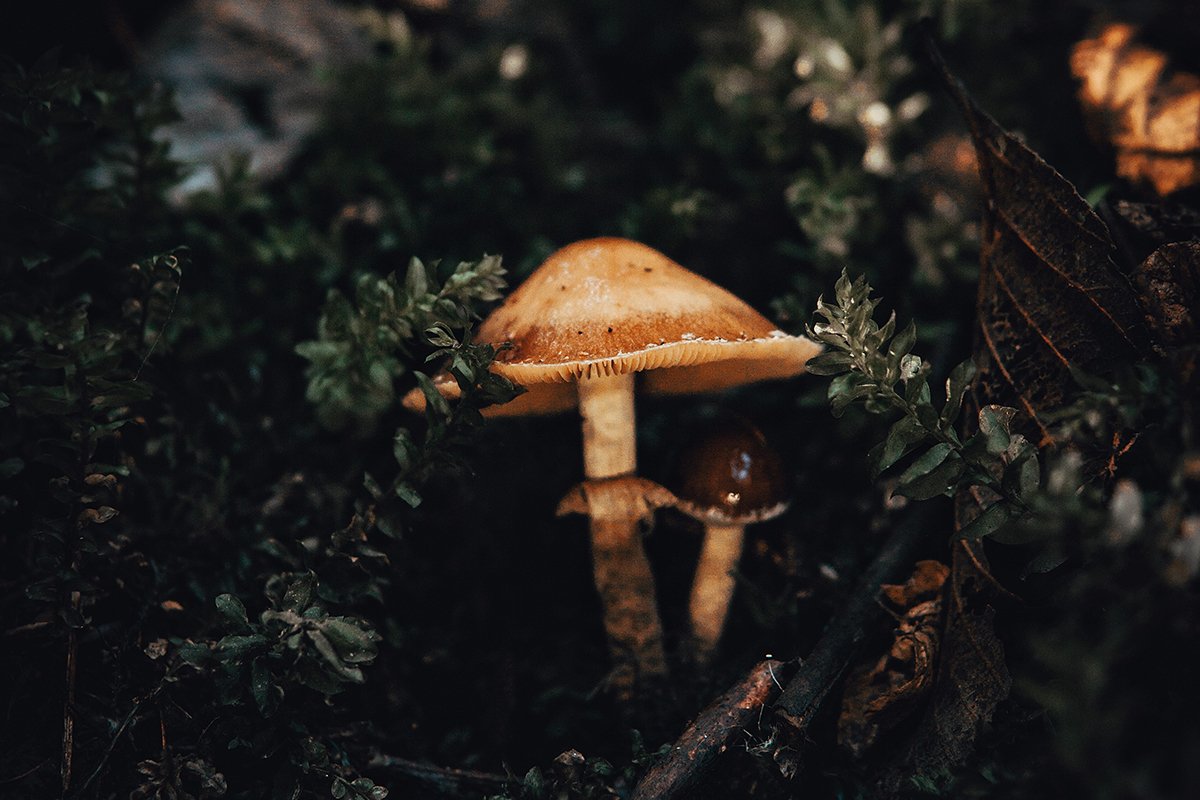
Image by Lance Reis
6. Mushroom Product Development and Sales
If you know mushrooms and their uses inside and out, explore creating and selling mushroom-based products, such as dried mushrooms, powders, or even mushroom-infused products like oils or seasonings. You can provide this service to a company or sell the products yourself in a shop, online, or at local markets. (Here are some examples of unique products made from mushrooms.)
7. Mycology Research
Take a deep dive into the fascinating world of mushrooms and fungi as a research and development scientist in the fields of mycology, biology, and/or chemistry. Look for new beneficial mushrooms that support ecosystems or mycelium-based supplements to support human health. Find jobs at places like the University of Missouri-Forage Systems Research Center or Fungi Perfect.
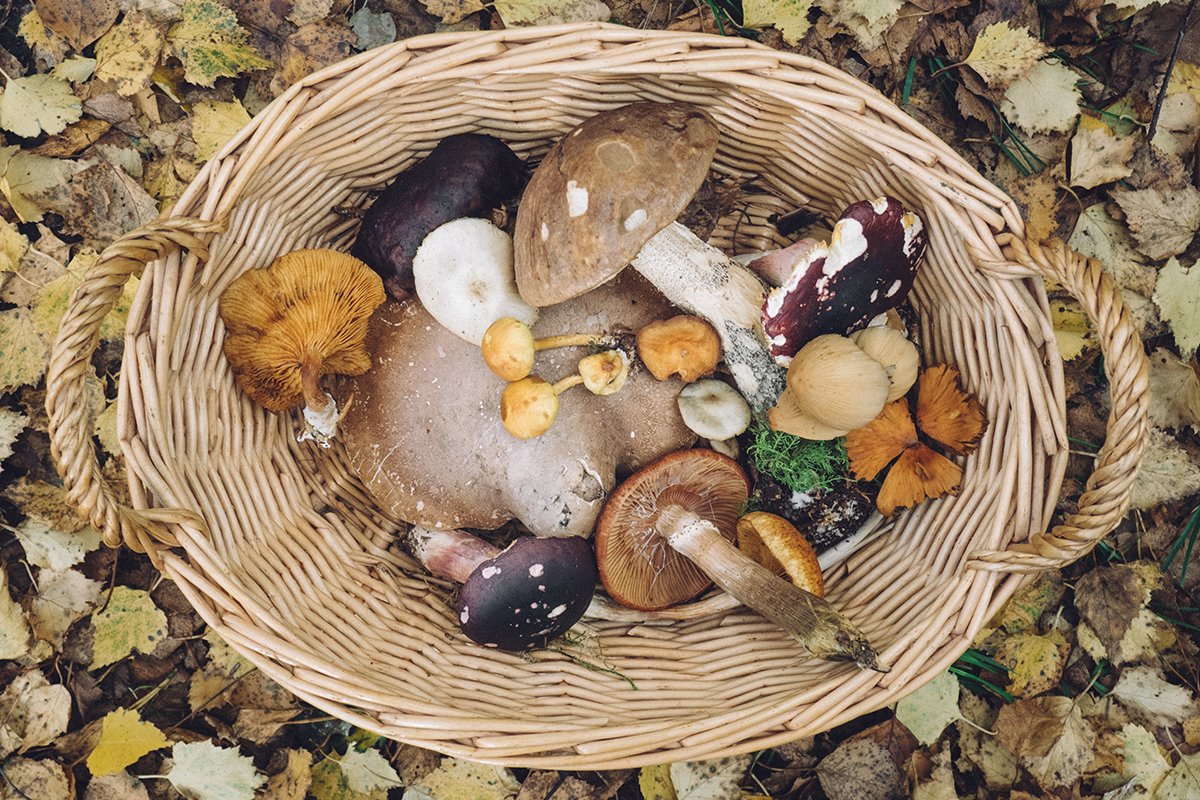
Image by Andrew Ridley
8. Foraging Consultant and Expert
Provide consulting services to individuals or organizations interested in wild mushrooms as a foraging expert turned foraging professional. This might include advising on things like the identification of mushrooms, sustainable foraging practices, and cultivation methods.
9. Mushroom Influencer
Some foragers make a living as influencers. As a mushroom influencer, you earn through promotions, collaborations, and affiliate marketing campaigns using social media platforms like Instagram and TikTok. One great example is Chaotic Forager, who shares foraging tips, advice, and knowledge to the public in an entertaining way.
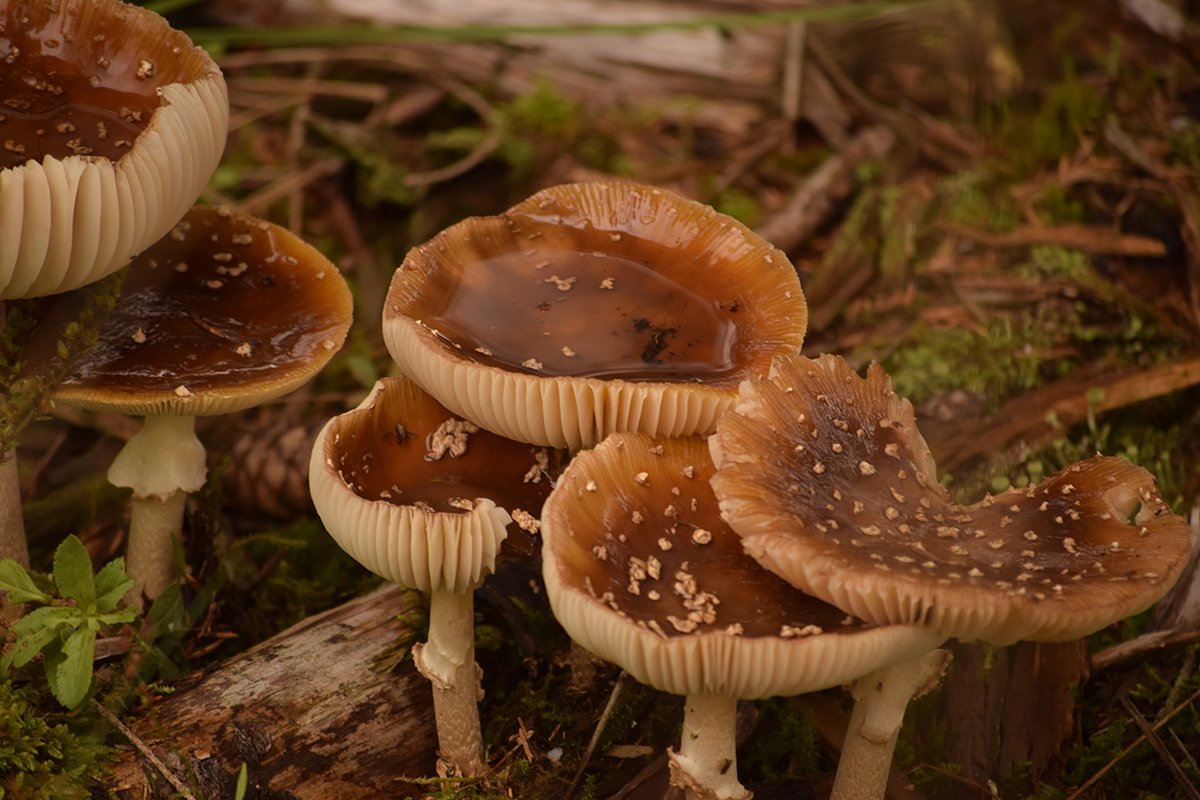
Image by Jannik
10. Write
Bloggers like Alan Bergo of Forager | Chef have made a career out of running foraging-focused websites. Bergo was once a chef and now forages and blogs about foraging full-time. Since foraging experts are also the best people to write foraging guides and foraging books, you may pursue a career as a published author. Of course, you don’t have to limit yourself to foraging how-to guides, you can also get creative and write a mixed-genre book like Eating Wildly: Foraging for Life, Love and the Perfect Meal, Forager: Field Notes for Surviving a Family Cult: a Memoir, and Fieldwork: A Forager’s Memoir.
The post Mushroom Hunting Is an Actual Career: Here are 10 Mushroom Foraging Jobs appeared first on Outdoors with Bear Grylls.
https://outdoors.com/mushroom-foraging-jobs/
 CampingSurvivalistHuntingFishingExploringHikingPrivacy PolicyTerms And Conditions
CampingSurvivalistHuntingFishingExploringHikingPrivacy PolicyTerms And Conditions
